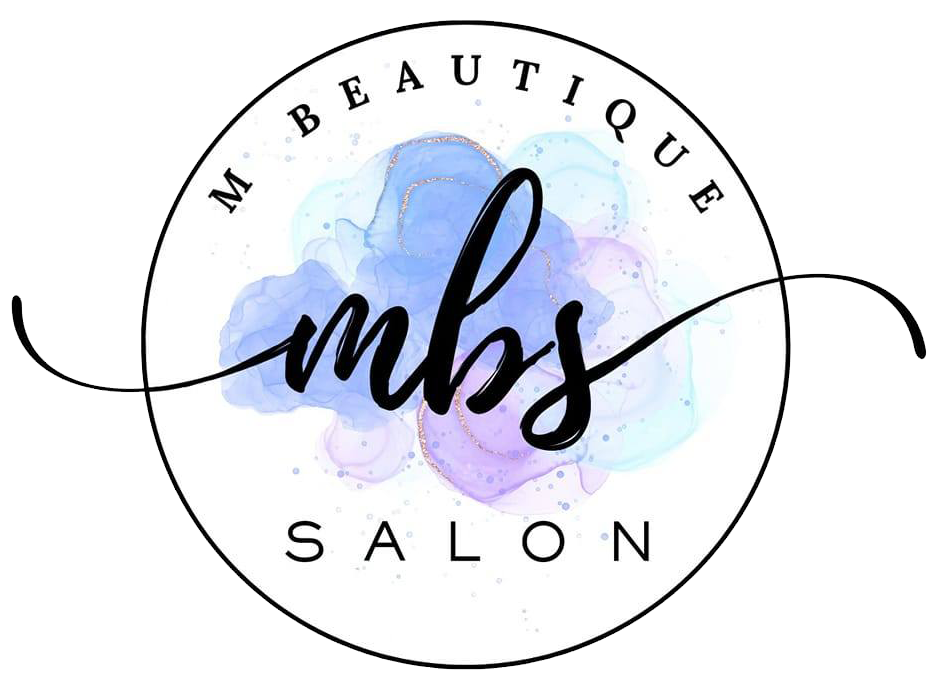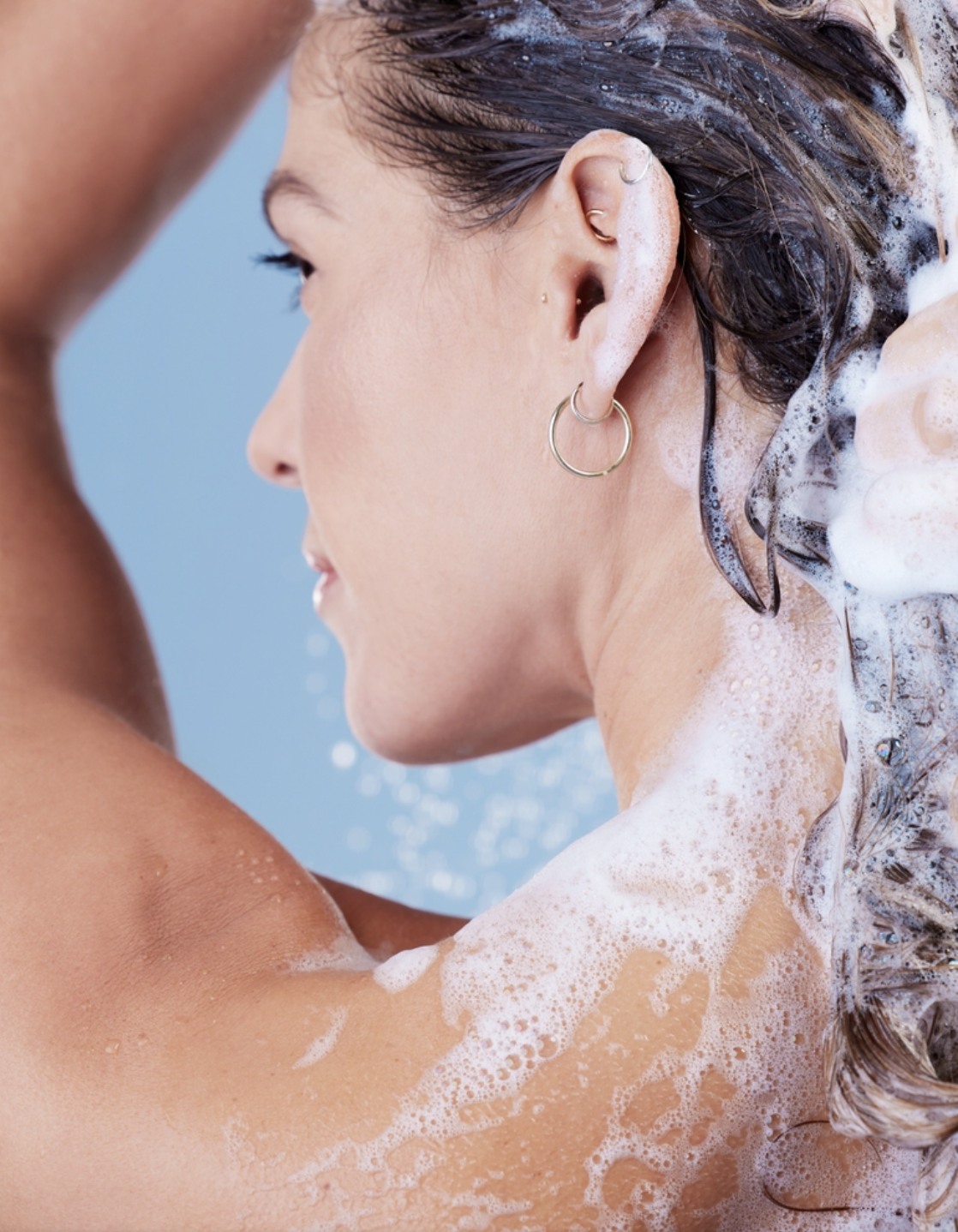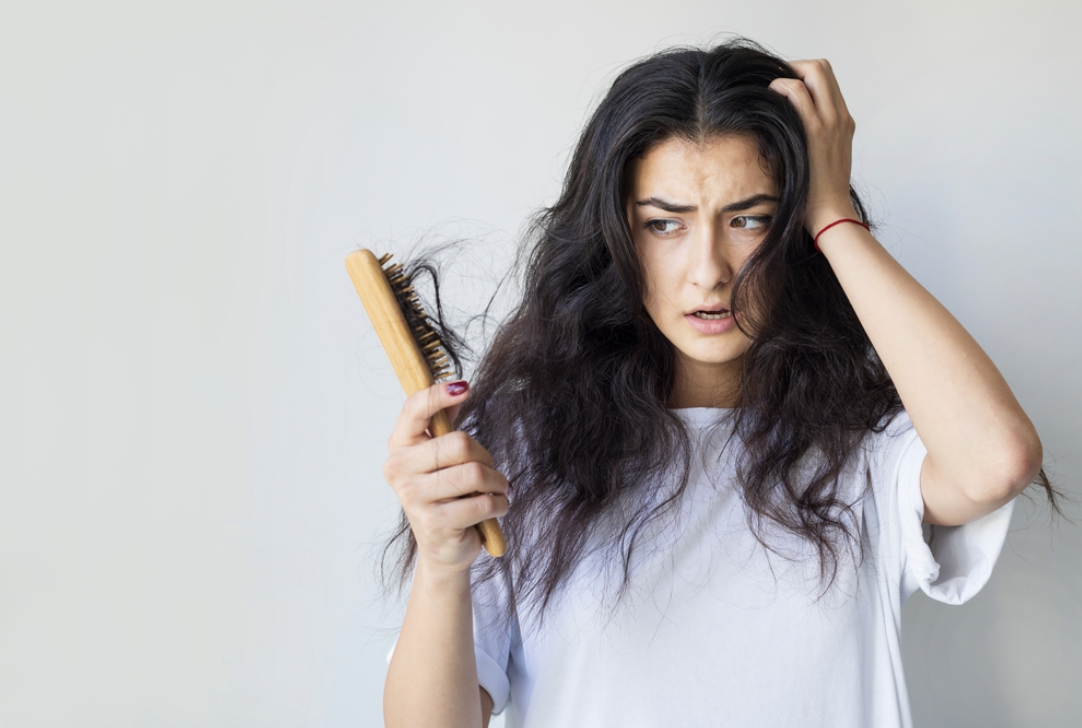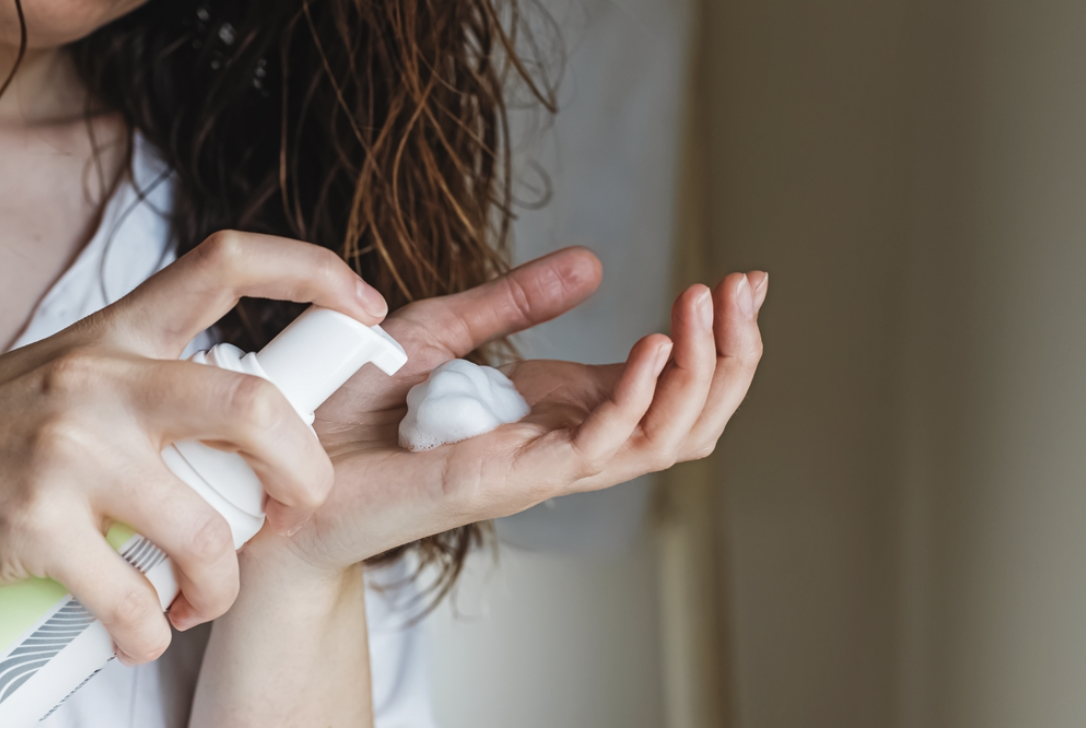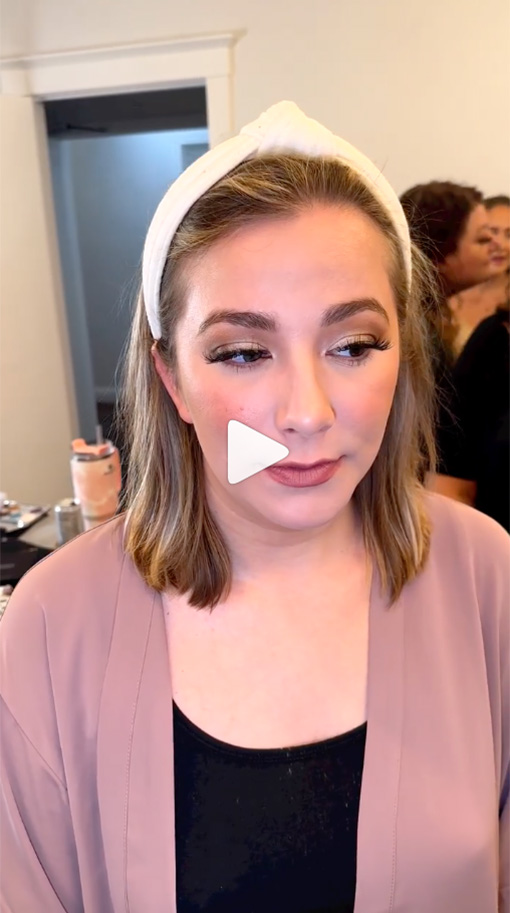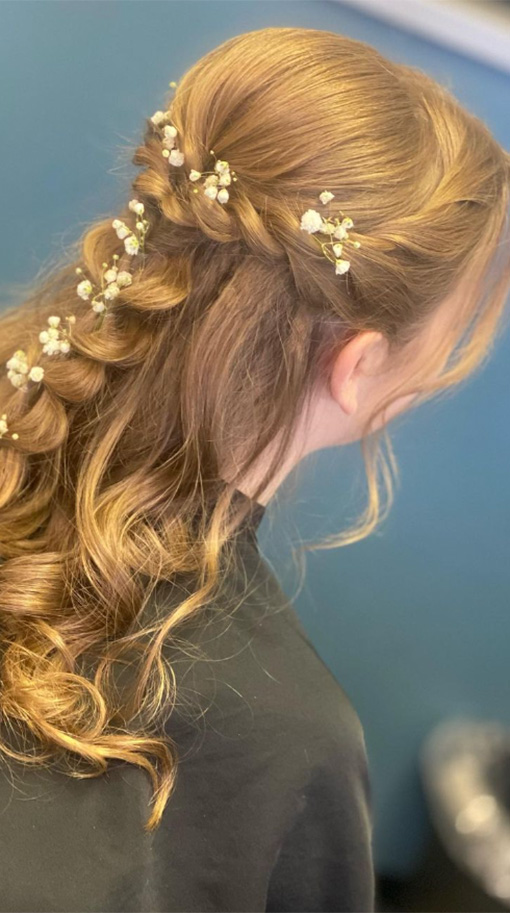When you pick up a bottle of shampoo, chances are you’ve seen the term “sulfate-free” slapped across the label. But what exactly are sulfates, and why do they seem to get such a bad reputation? In this post, we’ll uncover the facts behind sulfates, how they affect your hair, and whether or not they deserve to be avoided.
What Are Sulfates?
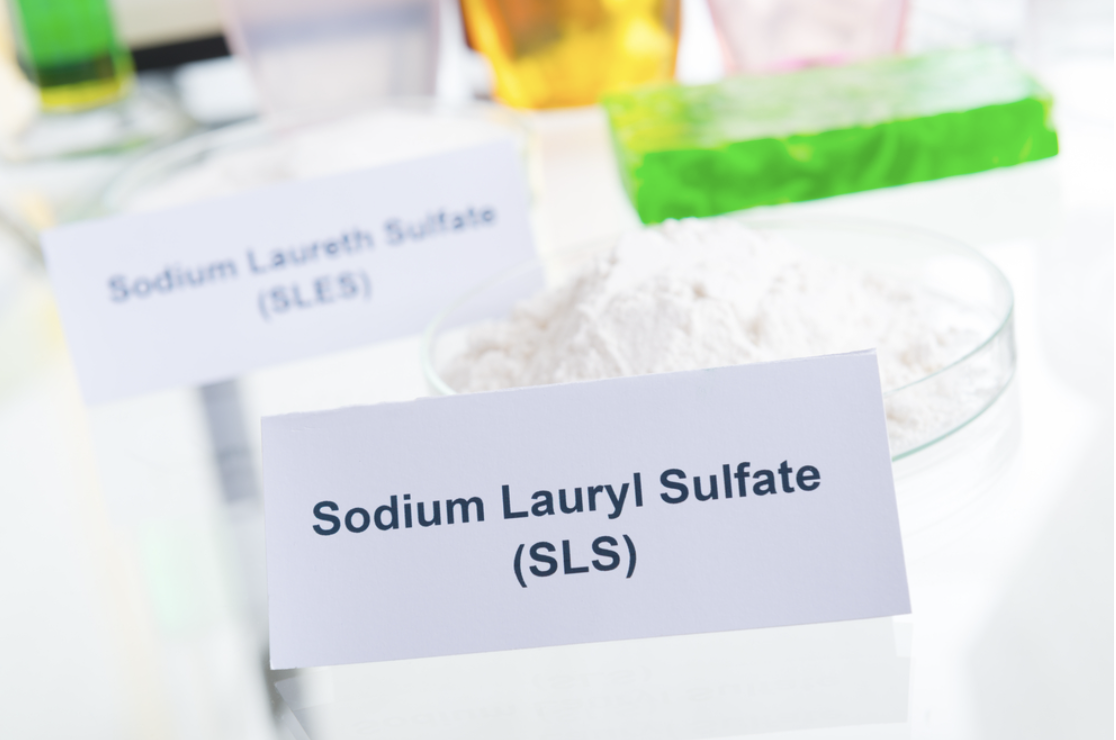
Sulfates are a type of detergent, or surfactant, commonly found in personal care products, including shampoos. Their job is to create the foamy lather we often associate with cleanliness. The most commonly used sulfates in shampoos are Sodium Lauryl Sulfate (SLS) and Sodium Laureth Sulfate (SLES). These ingredients are effective at breaking down oils and dirt, making them popular choices for cleansers.
How Do Sulfates Work?
To understand sulfates, it’s important to grasp how surfactants operate. A surfactant molecule has two parts: one that’s attracted to water (hydrophilic) and one that’s attracted to oil (hydrophobic). When you wash your hair with a sulfate-containing shampoo, these molecules trap oils and dirt, allowing them to be rinsed away with water. This is what gives sulfates their deep-cleansing power.
Why Are Sulfates Controversial?
Despite their effectiveness, sulfates have become a source of debate in recent years. The controversy around sulfates generally stems from concerns over their harshness, especially for individuals with sensitive skin or dry, damaged hair.
Sulfates and Hair Health
The main criticism sulfates face is their potential to strip the hair of its natural oils. While these detergents are powerful cleaners, they don’t discriminate between the dirt you want to remove and the moisture your hair needs to stay healthy. This can leave hair feeling dry, frizzy, and brittle over time. If you have color-treated hair, sulfates may also contribute to fading, which is a big concern for those wanting to preserve vibrant hues.
Are Sulfates Dangerous?
It’s important to note that sulfates themselves aren’t inherently harmful. The concern lies in their drying effects and their ability to irritate sensitive skin. Studies have shown that sulfates can cause irritation when left on the skin for prolonged periods or when used in very high concentrations, but typical use in shampoos isn’t a cause for alarm. However, people with eczema, psoriasis, or particularly sensitive skin may experience irritation more easily.
Who Should Avoid Sulfates?
The decision to avoid sulfates ultimately depends on your hair type and scalp sensitivity. Here’s a closer look at who might benefit from sulfate-free shampoos:
Dry or Damaged Hair
If your hair is already prone to dryness, sulfates may exacerbate the issue by stripping away natural oils. Those with damaged hair from heat styling or chemical treatments may also find that sulfates make their hair more fragile and prone to breakage.
Color-Treated Hair
For individuals with dyed or chemically-treated hair, sulfates can be a nightmare. Since they are strong cleansers, they can cause your hair color to fade more quickly. Sulfate-free shampoos are generally gentler, helping preserve color longer.
Sensitive Scalps
If your scalp tends to itch, flake, or react to harsh ingredients, sulfates may be contributing to your discomfort. People with sensitive skin often find relief by switching to a milder, sulfate-free alternative.
Sulfate-Free Shampoos: Are They Better?
With so many brands promoting sulfate-free products, you might wonder if going sulfate-free is the best option for everyone. The truth is, sulfate-free shampoos can be beneficial for certain hair types, but they aren’t necessarily superior for everyone.
Pros of Sulfate-Free Shampoos
- Gentle on the Hair and Scalp
Sulfate-free shampoos tend to be less stripping, which means they are less likely to dry out your hair or irritate your scalp. This makes them a great option for those with sensitive skin or fragile hair. - Better for Color Preservation
As mentioned, sulfate-free shampoos are less likely to cause color fading, making them a popular choice for people with dyed hair. - Less Likely to Cause Frizz
Since sulfates can contribute to dryness and frizz, those with curly or textured hair may find that sulfate-free options help maintain smoothness and definition.
Cons of Sulfate-Free Shampoos
- Less Lather
One downside to sulfate-free shampoos is the lack of lather. Many people associate foam with cleanliness, and it can be an adjustment to use a product that doesn’t suds up as much. - May Not Clean as Deeply
If you have particularly oily hair or use a lot of styling products, you may find that sulfate-free shampoos don’t leave your hair feeling as clean as traditional sulfate-based shampoos. In some cases, it may take multiple washes to remove buildup.
Should You Switch to a Sulfate-Free Shampoo?
Ultimately, whether or not you switch to a sulfate-free shampoo comes down to personal preference and hair care needs. If you have color-treated hair, a sensitive scalp, or dry, damaged locks, you might benefit from avoiding sulfates. On the other hand, if your hair is generally healthy and you don’t experience issues with dryness or irritation, sulfates are unlikely to cause harm.
How to Choose the Right Shampoo for Your Hair Type
When it comes to finding the right shampoo,The key is to recognize the specific needs of your hair.Here are a few tips to help you make the best choice:
- For Oily Hair: If you struggle with oily roots, you may still prefer a sulfate-based shampoo, as it will provide the deep cleanse you need.
- For Dry or Curly Hair: Look for a sulfate-free formula with moisturizing ingredients like oils or shea butter.
- For Sensitive Scalps: Seek out gentle, sulfate-free shampoos that also exclude other potential irritants like artificial fragrances or dyes.
Final Thoughts
Sulfates may not be as harmful as they’re sometimes portrayed, but they aren’t suitable for everyone either. If you have specific hair concerns like dryness, color fading, or sensitivity, going sulfate-free could be a game-changer. On the other hand, if you love the deep-cleaning power of your current shampoo and have no issues with irritation, there’s no need to abandon sulfates entirely. Recognizing your hair’s requirements and noticing how it reacts to various products is key to maintaining healthy, gorgeous hair.
At the end of the day, the most important part of your hair care routine is finding what works for you—whether that involves sulfates or not.
